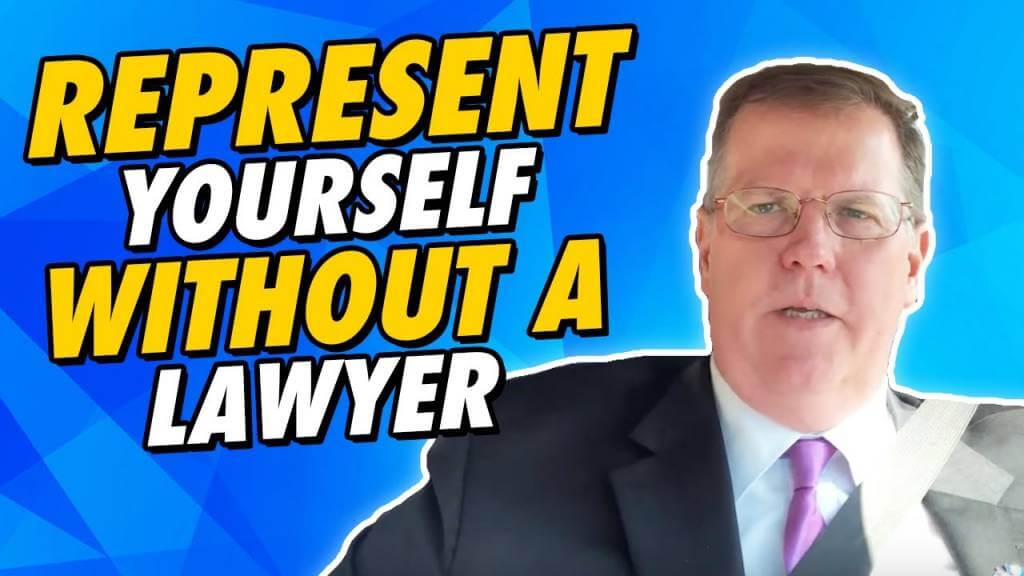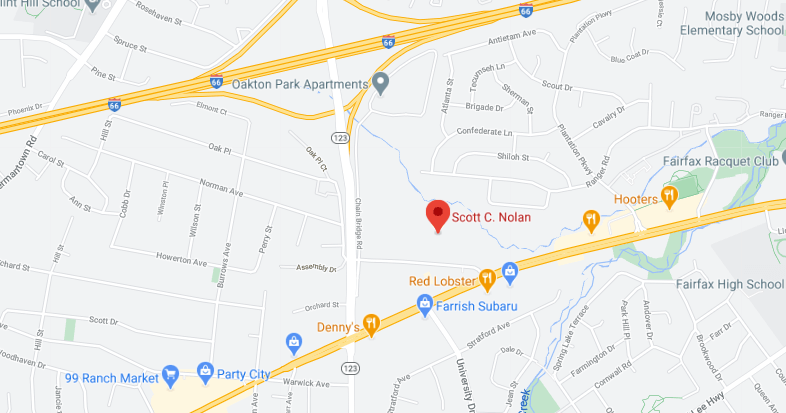The criminal justice system in Virginia can move rather quickly, even in theft charges that seem minor. Legally speaking, theft, or larceny as defined in Virginia law, is the unlawful taking of another person’s property with no intention of returning it. Regardless of the type of theft crime in Fairfax you’re facing, it can bear severe consequences against you.
Theft-related offenses can be confusing because there are several types of charges with different penalties. It is vital to understand the specific elements of the crime you’re facing and how they can impact your life. And because the prosecutors in Fairfax are tough on theft crimes, you need a dedicated Fairfax criminal defense lawyer who will help you minimize the impact of such a case on your future.
Is Larceny a Misdemeanor or Felony Offense in Virginia?
The answer is that it depends on what you did and the value of the property stolen. If your crime was petty larceny, then it’s only a Class 1 Misdemeanor. If you stole 100 dollars’ worth of merchandise at Walmart, this would be considered petty larceny, usually charged as a Class 1 Misdemeanor. However, if you took more than 1,000 dollars’ worth of property, this could be charged as grand larceny, normally classified as a Felony Offense.
What Are the Categories of Theft Crimes in VA?
Traditional theft, or larceny, occurs when someone takes something from another person without their permission. This includes stealing money, goods, services, etc. The most common types of traditional theft offenses include shoplifting, embezzlement, and fraud. Traditional theft can also involve taking property with the intent to sell it later.
In Virginia, there are two categories of larceny charges: petit larceny and grand larceny.
Petit Larceny
Effective July 1st, 2020, petit larceny or petty theft involves stealing something from a person worth less than $5 (i.e., pickpocketing) and any other theft of goods or property under $1,000. In Virginia, the punishment for petit larceny is usually one year in jail and up to $2,500 in fines.
Remember, prior larceny convictions could aggravate the punishment for petit larceny in Virginia. All the more reason to get an experienced Fairfax theft crimes lawyer to fight for you.
Grand Larceny
Petit larceny vs. grand larceny are similar. However, grand larceny addresses high-value items and also includes theft of firearms. It can involve:
- Stealing something or money worth $5 or more from a person (i.e., pickpocketing)
- Stealing money or goods worth $1000 or more
Since grand larceny is a felony offense in Virginia, its punishment is often one to 20 years in prison. In some cases, your Fairfax criminal defense attorney can help get this sentence reduced to 12 months in jail and $2500 in fines.
Other forms of larceny in Virginia include;
Larceny of Certain Animals and Poultry
Virginia has specific laws for animal and poultry theft. Theft of a horse, dog, cow, mule, pony, steer, bull, or calf is categorized as a Class 5 felony offense. Conversely, theft of sheep, lamb, poultry, goat, or swine worth less than $200 is a class 6 felony offense.
Larceny of Financial Instruments
Theft of financial instruments is defined in Code of VA. § 18.2-98. Whether the crime will be charged as petit or grand larceny will depend on the value of the stolen items. These financial instruments include:
- Checks
- Banknotes
- Accounting books
- Goods due to be delivered
- Monies due to be delivered
- Other writings or papers of writings
Theft of A Firearm
This type of crime is often charged as grand larceny. Therefore, it would typically be charged as a felony offense. However, the law in Virginia has allowed the court to make its own decision.
First-time offenders for larceny or theft often receive less severe punishment. However, if you’ve already recorded two previous misdemeanor offenses, you may qualify a third misdemeanor offense as a felony.
What Are the Common Types of Theft Crimes?
Virginia also defines different theft crimes classified under larceny. These charges include:
- Robbery – which is theft achieved through violence or threat of violence
- Embezzlement – misappropriation or theft of money or property that was entrusted to the person
- Shoplifting – Stealing merchandise while shopping at a retail establishment
- Carjacking – Intentional seizure of a motor vehicle with the aim of depriving control or possession of the vehicle for a short time or permanently
- Vehicle theft – Theft of motor vehicles like boats, airplanes, cars, and motorcycles
- Receiving stolen goods – Taking possession of goods or property you know or should know were stolen
- Identity theft – Taking personal identifying information without permission
- Burglary – Breaking into a building or dwelling
- Fraud – Using fal
How Can an Attorney Help?
If you’ve been arrested or suspected of a theft crime, a theft crimes attorney in Fairfax, VA, can help you pursue a favorable outcome. The job of your skilled defense lawyer is to investigate the case, review the evidence and determine your rights and options.
Your attorney will also help you understand what to expect throughout the case, offer you informed, honest, and quality advice and fight for your rights and interests. If a hearing is already scheduled and you need to appear, contact an experienced and skilled criminal defense attorney near me. This is the best way to ensure you get your charges dropped, an acquittal or reduced charges.
A Legal Professional Fighting for Your Freedom
Any theft charge is a serious charge, and a successful conviction will likely leave you with a criminal record. But understanding the specific theft charges against you is important. This is because each theft/larceny case may have certain defenses to explore.
A theft incident doesn’t mean a successful defense isn’t possible. Get help and learn your options today by involving an experienced theft crimes lawyer in your case. Trust your case to attorney Scott C. Nolan, PLLC. Call (703) 223-8883 to schedule a FREE case evaluation with us today.











